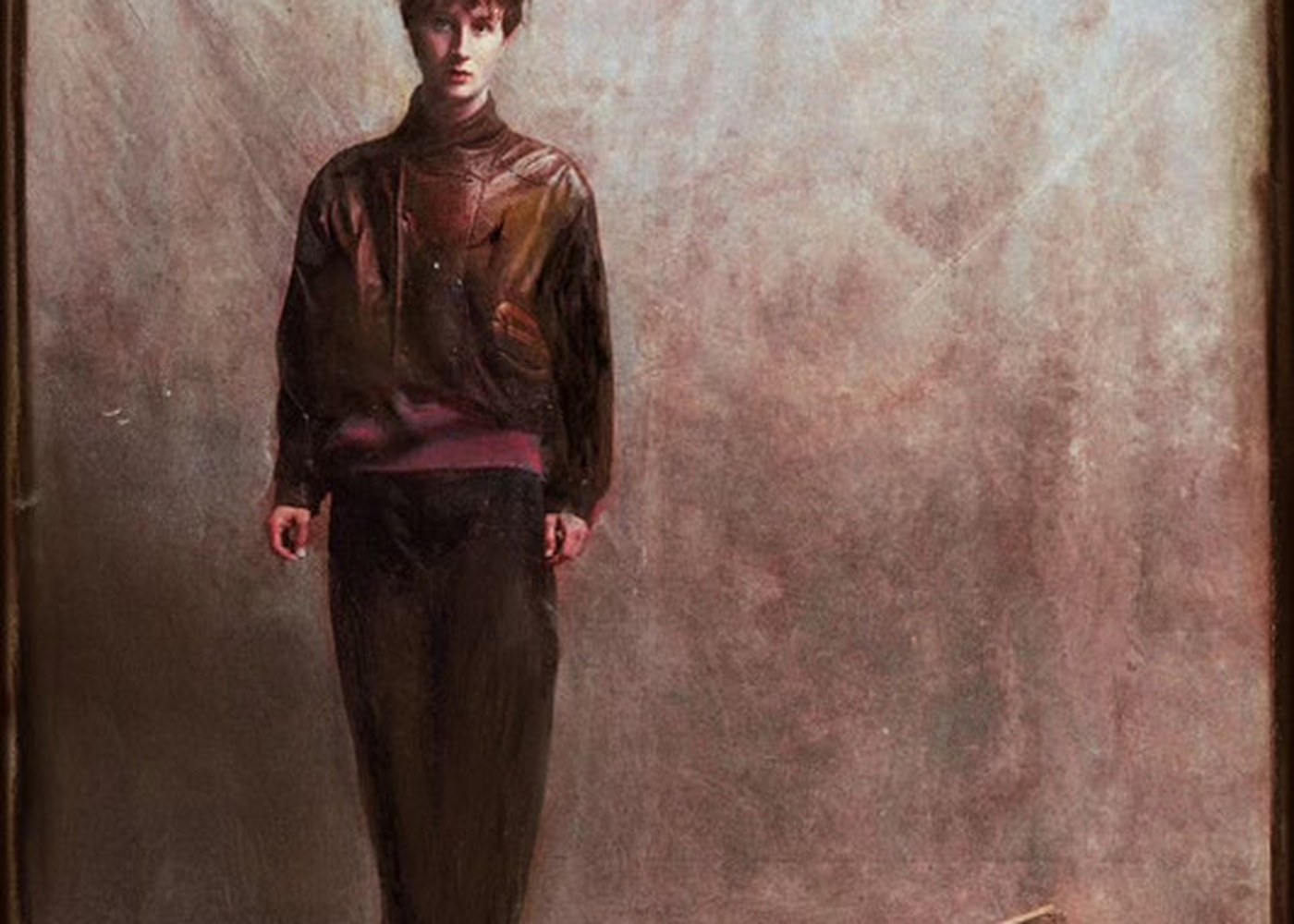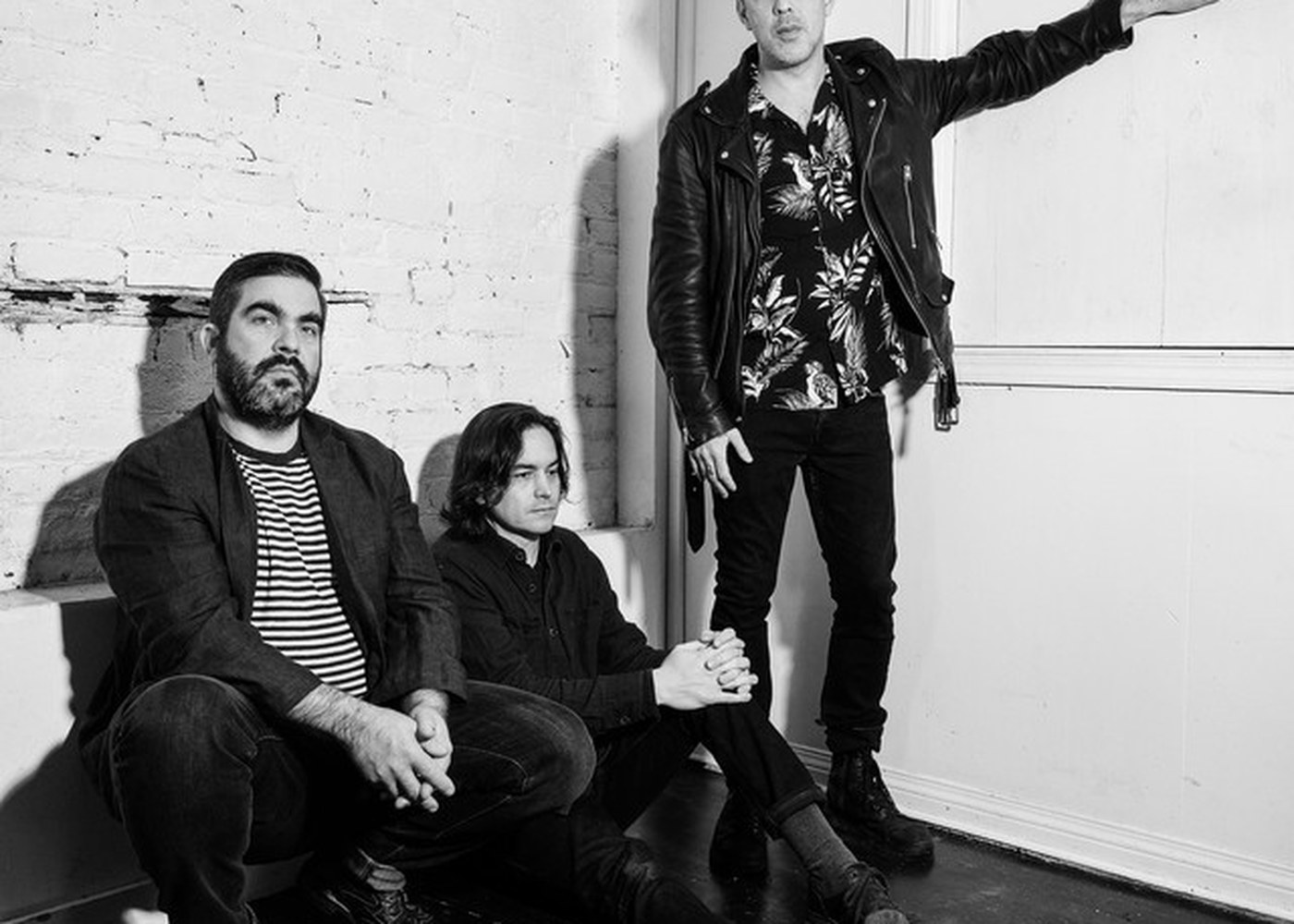“Word to Phife, Q-tip, Ali, and Jarobi.” – J. Cole
How Tribe Crafted The Sound of Contemporary Hip-Hop
A Tribe Called Quest (ATCQ) is more than just your average legendary rap group. Summing them up as just a blast from the past trivializes the impact, longevity, and scale of influence they’ve had on this thing we love called hip-hop.
Nah. A Tribe Called Quest is the seminal act of what would become known as alternative rap music. Q-Tip’s gift for crate-dug samples, matched with his lyricism and laid-back vocals, formed the group's backbone. Paired with Phife’s spirited personality, Ali on the ones and twos, and Jarobi, the hype man, ATCQ kicked down the doors to what would become the future of hip-hop.

Rap’s Colorful Eccentrics: How A Tribe Called Quest Redefined Alternative Rap
The group’s debut album, People's Instinctive Travels and the Paths of Rhythm, ushered in a new era of hip-hop. Released in 1990, the album introduced the world to the motley crew of rap weirdos coming straight out of St. Albans, Queens, New York. Along with the collective Native Tongues, Tribe would highlight a subculture of Black music that emphasized Afrocentrism, Afrofuturism, and creativity, all crafted by young artists with the audacity to be unapologetically them and create against the grain. Q-Tip’s jazz-soaked production brought a new soul to the genre. Sampling and taking influence from greats like Roy Ayers, Lou Reed, and The Last Poets laid the canvas for the colorful soundscapes Tribe would create worlds out of.
Tribe’s sophomore effort, The Low End Theory, is widely considered their magnum opus. The 1991 album doubled down on their colorful eccentricities and drowned them in slapping 808s and molasses-thick baselines built to rattle trunks and brains alike, redefining the low end or drums and bass of hip-hop. Two years later, with Midnight Marauders, Tribe would stamp a three-peat of bonafide rap classics. With those albums, the group rewrote the rules, shining a light on hip-hop as a space for inclusivity, creativity, and cultural pride.

Children of the Tribe: A Tribe Called Quest’s Lasting Impact on Hip-Hop
ATCQ’s creative ethos would go on to resonate with some of today’s hip-hop heroes. Tribe’s alternative hip-hop sound, laden with jazz-infused grooves and Afrocentric lyricism, has echoed through generations. A Tribe Called Quest’s influence continues to be immensely instrumental in many creatives' lives and careers including greats like Tyler, the Creator, Pharrell, Kanye West, and Kendrick Lamar

Tyler, the Creator
Tyler is easily the most recent direct descendant of A Tribe Called Quest and a child of the Native Tongue family tree. The L.A. native is a true representative of how much Q-Tip and the crew had their finger on the pulse of what contemporary hip-hop would become. Known for his colorful personality and comprehensive world-building, Tyler has redefined what it means to be an all-encompassing creative. During his BET Hip-Hop Awards Cultural Influence Award acceptance speech in 2021, Tyler shouted out Q-Tip as one of the most significant influences on his artistry and creative process:
“I do this because of The Q-Tips, the Andrè 3000s, the Chad Hugos, the Pharrells, the Kanye Wests, and Missy Elliotts, who nobody ever brings up.”

Kanye West
Kanye “Ye” West is also a direct descendant of ATCQ, which is evident in his sample-heavy production style and his charismatic, often tongue-in-cheek lyricism. During his speech at the late Phife Dawg’s funeral service, Ye gave the group credit for influencing his early creativity.
“I was sitting there thinking about how much [A Tribe Called Quest] inspired me and how powerful their influence was. Anything I’ve ever done wrong, blame Tip and Phife because ya’ll raised me."
We don’t know if we’d go that far, but we can definitely thank the crew for inspiring those early Ye records that would go on to define soul sampling in the early 2000s.

Kendrick Lamar
A Tribe Called Quest ushered in the popularization of jazz rap, a hip-hop subgenre that K. Dot would attack full force on his 2015 magnum opus, To Pimp a Butterfly (TPAB). The album became a staple of revolutionary rap music, adopting a stance of protest and the Afrocentricity for which Tribe was known. In 2016, Kendrick honored the late Phife Dawg during a show supporting TPAB, saying:
“Today, we lost one of the pioneers in hip-hop, by the name of Phife Dawg. Right now, ain't nobody cheering about me. We're gonna give it up for him for allowing me to do what I'm doing on this stage right here, right now.”

Pharrell Williams
In a 2023 interview with Zane Lowe, Pharrell praised Tribe and Q-Tip for giving him the creative audacity to follow his dreams as a producer. Pharrell said:
“My love for Tribe was always unwavering. I wouldn't be doing what I'm doing right now if it weren't for Q-tip.”
When the Virginia producer heard “Bonita Applebum” for the first time, he was enamored by the eccentricity and creativity ATCQ brought to a genre that had previously been all about gloating, wealth, and street politics. To him, Tribe represented the everyman — an ethos Williams would replicate on his song “You Can Do It Too.”
.png)









